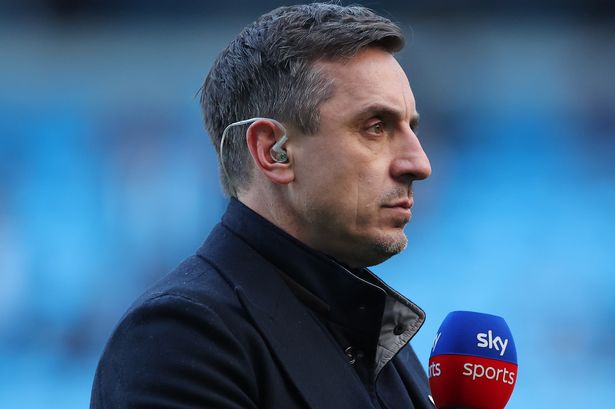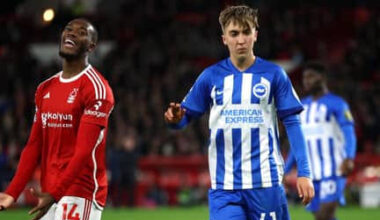In response to the Football Governance Bill, which would establish an independent football regulator under the next Labour administration, Gary Neville has accused the Premier League of acting like “bullies.”
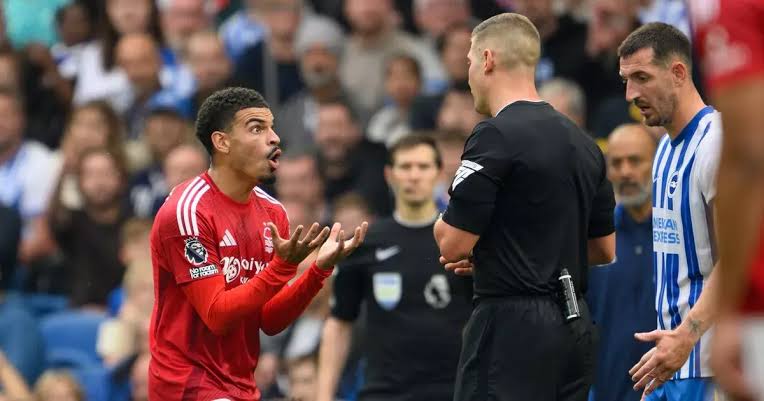
Support for the establishment of an independent regulator started during the 2021 European Super League scandal. Plans were initiated by the recently defeated Conservative administration, and Labour has pursued the notion since assuming office, claiming football clubs would be “protected” as a consequence by “ensuring their financial sustainability.” The measure would give a regulator backstop the authority to step in and meddle in football as needed if it were to pass parliament.
According to our sister publication, the Manchester Evening News, Neville is still a fervent supporter and feels that its implementation will protect the interests of English football supporters at all levels of the pyramid. However, the Premier League has been cautious since CEO Richard Masters has indicated that there would be a “risk.”
The Sky Sports analyst has now criticized the Premier League for their hesitation in remarks given to PA during the Labour Party Conference. “We have an entitled Premier League, they feel entitled,” he said. I simply have, but I’m not going to call it greed.
“I don’t comprehend their selfish mindset, and they are selfish. They provide food leftovers to the younger brothers around the table in a manner akin to that of the big brother.
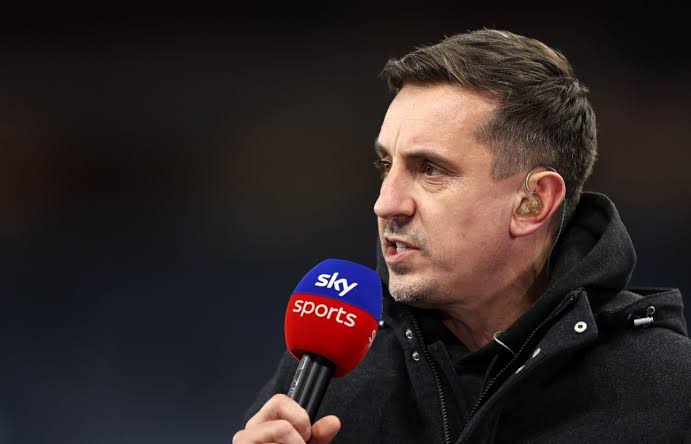
It has nothing to do with being a family member. They have such a bullying mentality. They have the mentality that, once the regulator is in place, they can influence them and, maybe, obtain a better deal from the other side of the regulator. And just like we saw a few weeks ago, they’re using their influence and soft power to attempt to incite fear and tell scary stories.”
There have been hints that, according to UEFA’s stance on state intervention, clubs such as Nottingham Forest or Neville’s previous Manchester United would not be allowed to participate in future competitions, even in the midst of the independent regulator’s potential approval. During the same gathering, Lisa Nandy, the Culture, Media, and Sport Secretary for Labour, called this notion “ridiculous.”
In addition, Nandy expressed confidence that the government will not take a “heavy-handed” stance in addressing the issue of sustainability in some areas of the football pyramid.
In response to Neville’s charges that he was acting like a “bully,” the Premier League has retaliated by saying they are still in talks with the incoming administration over the football regulator. Making reference to CEO Masters’ comments at the conclusion of the previous season, they have proposed that ‘light-touch, focused and proportionate legislation may be made to function’.
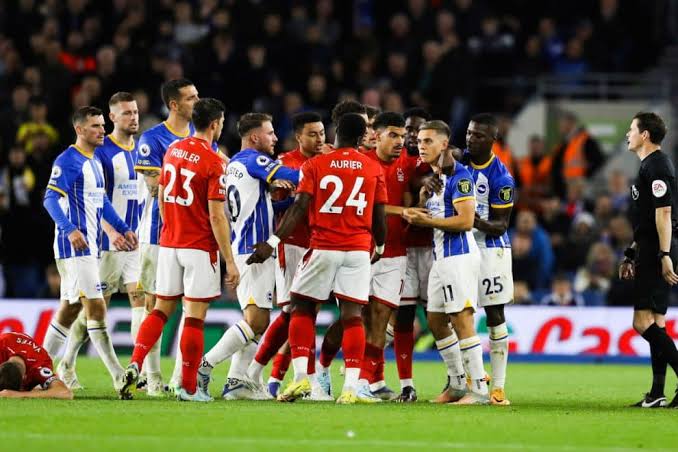
“My main concern is that the bill will lessen our competitiveness and weaken the incredible appeal of the English game,” he had issued a warning. The world’s most watched and financially successful football league is our rival. Because of that success, Premier League teams can donate £1.6 billion, or 16 percent of our total income, to the broader game every three years, which makes the game the talk of the world.
“It is a risk that regulation will undermine the Premier League’s global success, thereby wounding the goose that provides English football’s golden egg.”
He went on, “Those competitors are relishing the prospect of the Premier League being uniquely constrained,” referring to other elite European domestic football leagues. While I am optimistic about the League’s near future, it would be a mistake to take for granted that we are the most well-liked league in the world. Empires come and go.
“Introducing uncertainty and bureaucracy into an industry that primarily depends on a small group of investors—many of whom view club ownership as both a commercial venture and a passion project—carries a risk. Even if the sport is thriving right now, it would be quite simple to make a mistake and divert our industry-leading investment. The prospect of regulatory interference in football financing has already, even before it arrives, altered the incentives for the formation of a new voluntary agreement.
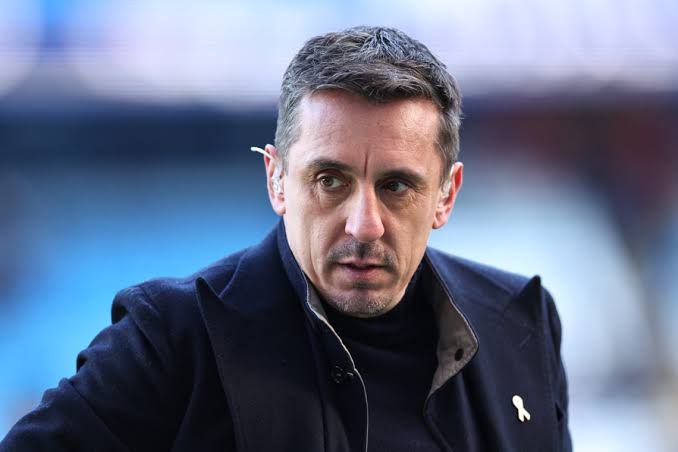
“We have been talking with the EFL for the past year about an even larger monetary settlement. However, these discussions have simply served to emphasize how unstable intervention may be. The government says its regulator won’t meddle on the field, but it is already doing so by meddling in the carefully calculated revenue distribution and disturbing the equilibrium of competition.”
How do you feel? Tell us RIGHT HERE.
